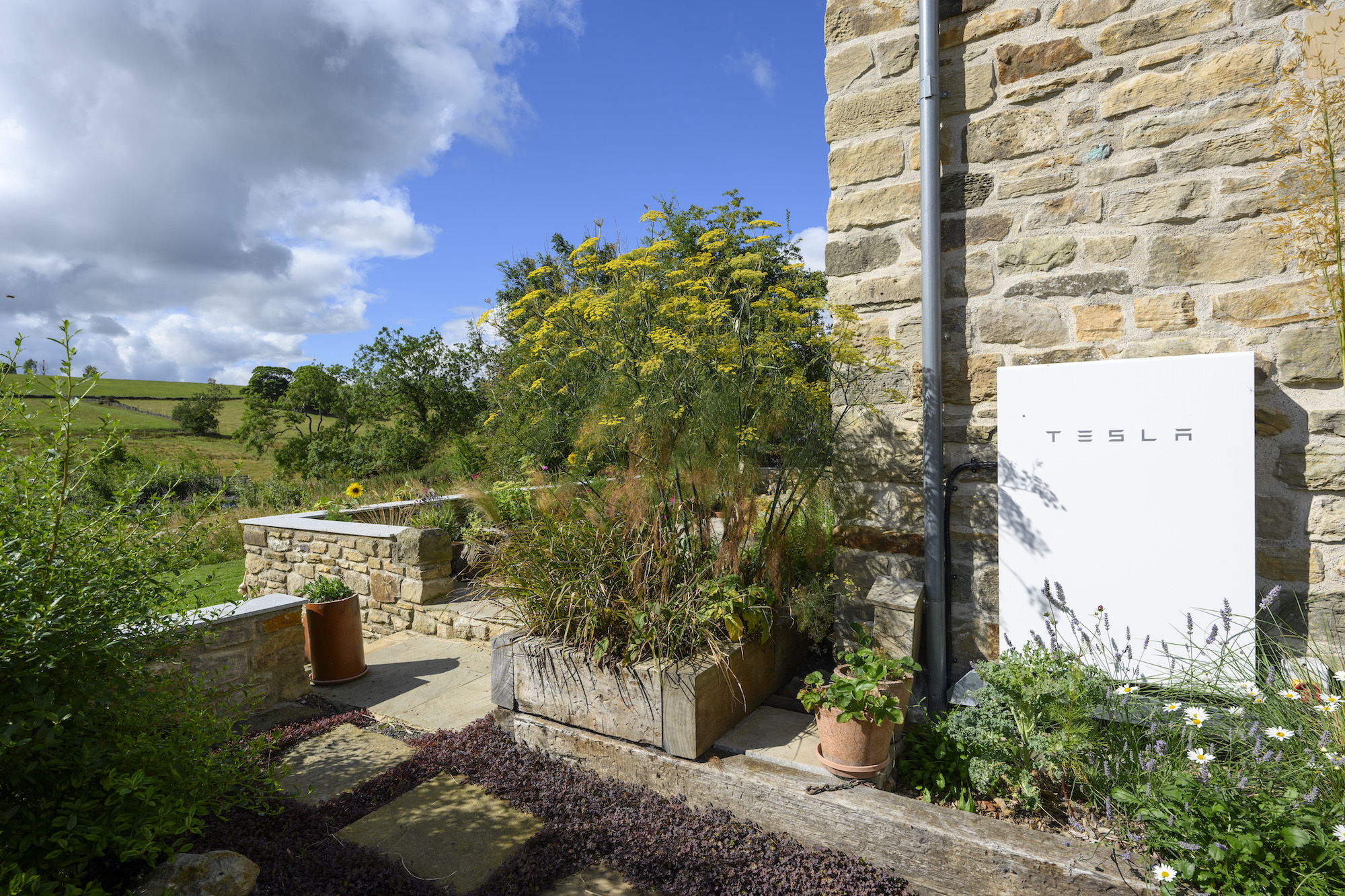Battery breakthrough could see storage hit 1,200 Wh/kg — four times existing capacity
The new technology has the potential to tackle one of renewable energy's biggest hurdles

A major hurdle to the wider adoption of renewable energy in UK homes is battery storage. Properties that generate power from, for example, solar panels must use it straight away or sell it back to the grid unless they have enough battery capacity to store it.
Solar batteries effectively allow you to make use of the electricity generated by your solar panels when you need it most. They are growing in popularity, with demand driven by sky-high energy bills and climate uncertainty, but cost and storage efficiency are still serious barriers to wider adoption.
Now researchers at the Illinois Institute of Technology (IIT) and US Department of Energy’s (DOE) Argonne National Laboratory have developed a lithium-air battery technology that they believe could end up being four times as efficient as current lithium-ion batteries.
Batteries in the future could hold four times more
The main new component in this lithium-air battery is a solid electrolyte instead of the usual liquid variety.
Batteries with solid electrolytes are not subject to the safety issues of the liquid electrolytes used in lithium-ion and other battery types, which can overheat and catch fire – an issue which has plagued Tesla cars.
The team claims the battery chemistry with the solid electrolyte can potentially boost the energy density far above lithium-ion batteries.
“With further development, we expect our new design for the lithium-air battery to also reach a record energy density of 1200 watt-hours per kilogram,” said project leader Larry Curtiss. "That is nearly four times better than lithium-ion batteries.
Get the Homebuilding & Renovating Newsletter
Bring your dream home to life with expert advice, how to guides and design inspiration. Sign up for our newsletter and get two free tickets to a Homebuilding & Renovating Show near you.
“The lithium-air battery has the highest projected energy density of any battery technology being considered for the next generation of batteries beyond lithium-ion.”
This has exciting ramifications for solar batteries as well as electric vehicles.
New battery doesn't need rare cobalt either
He adds that the current prototype is based on lithium but could be developed with sodium, although it would not hold as much power.
Prof Curtiss says the batteries do not require cobalt. Minerals like lithium and cobalt are key components in batteries that could support the world’s transition away from fossil fuels, but extracting it is extremely problematic.
More than 70% of the world’s cobalt is produced in the Democratic Republic of the Congo, where the hunger for minerals has caused environmental damage and stoked violent conflict, contributing to the country’s long-running humanitarian crisis.
New battery will make hydrogen fuel redundant
Ambrose Evans-Pritchard, World Economy Editor of The Daily Telegraph, says the breakthrough will eliminate the need for hydrogen.
When conventional engines burn fossil fuels, ecologically-harmful carbon is released into the atmosphere. When hydrogen is burned in a hydrogen boiler, it produces only water and heat with no carbon. Many experts believe using hydrogen as a fuel for so-called 'hydrogen heating' would slash carbon emissions. However, using hydrogen is not without its drawbacks, such as it being highly combustible as well as expensive.
But Mr Evans-Pritchard said: “The coming battery technology kills the case for hydrogen in cars, vans, buses, or trucks, and perhaps also for trains and aircraft.
“The energy loss involved makes no sense. It is much cheaper and more efficient to electrify wherever possible.”
Sam is based in Coventry and has been a news reporter for nearly 20 years. His work has featured in the Mirror, The Sun, MailOnline, the Independent, and news outlets throughout the world. As a copywriter, he has written for clients as diverse as Saint-Gobain, Michelin, Halfords Autocentre, Great British Heating, and Irwin Industrial Tools. During the pandemic, he converted a van into a mini-camper and is currently planning to convert his shed into an office and Star Wars shrine.

